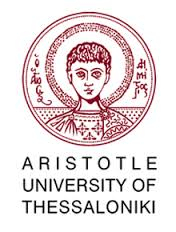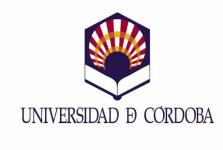Food fraud, including the more defined subcategory of economically motivated adulteration, is a public-health food risk that is growing in awareness, concern, and danger. Each food fraud incident has the potential to threaten consumers’ well-being but also undermine confidence in the EU food market. The impact may be higher for the Mediterranean traditional food products considering that they are generally recognized for their high nutritional and sensory value. The recent example of the honey fraud between China and US of relabelled filtered honey (free of pollen) to remove traces of its origins is a characteristic example of a traceability flaw.
Milk and honey are among the top 6 products that are more at risk of food fraud2, while in the monthly Food Fraud summary of the EU3 honey and milk products (cheese) are the most frequently reported foods. For example, foreign sugars were found 1.4 times in every 10 honey samples tested by the European Joint Research Centre, according to research published in December 2016. Other common adulterations of honey with potential safety, or economic impact include: artificial colouring, unjustified organic labels and fake geographical and botanical origin. In the case of cheese, apart from the geographical origin, the use of bovine milk instead of ovine and microbial contaminations are common problems. Due to increasing number of food fraud incidents, there is an inherent need for the development and implementation of analytical platforms enabling detection and quantitation of adulterations. A comprehensive shared, trusted repository of analytical information about the Mediterranean foods is still lacking. The creation of a platform providing access to reference data would foster the necessary harmonization of the analytical methods and would create the foundation for trans-national authenticity and traceability systems.















